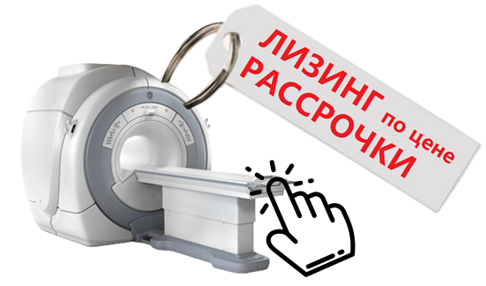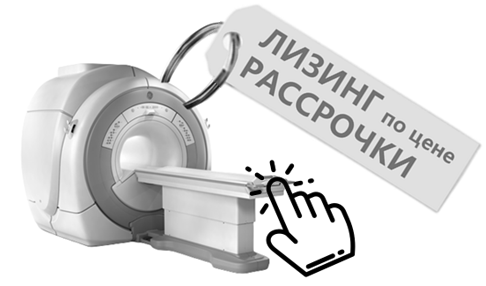How to protect yourself from coronavirus?
RUEN
UNIQUE TECHNOLOGY OF DESTRUCTION OF PATHOGENIC MICROORGANISMS (VIRUSES)! SUITABLE FOR HOME, OFFICE, CAFE, INDUSTRIAL AND SHOPPING SPACESTHION DESTROYS ALL 4 GROUPS OF PATHOGENS | ||
 TION Viral Killer |  Touchless alcohol dispensers of antiseptic |  Skin antiseptic |
What are coronaviruses?
Coronaviruses are a family of viruses that predominantly infect animals, but in some cases can be transmitted to humans.
Usually, diseases caused by coronaviruses occur in a mild form without causing serious symptoms.
However, severe forms exist, such as the Middle East Respiratory Syndrome (Mers) and Severe Acute Respiratory Syndrome (Sars).
What are the symptoms of a disease caused by a new coronavirus?
- - Feeling tired
- - labored breathing
- - Heat
- - cough and / or sore throat
Symptoms are very similar to many respiratory diseases, often mimic the common cold, and may be similar to flu.
If you have similar symptoms, consider the following:
- Have you been to high-risk areas (China and neighboring regions) in the past two weeks?
- Have you talked to someone who has visited high-risk areas (China and neighboring regions) over the past two weeks?
- If the answer to these questions is yes, symptoms should be treated as carefully as possible.
How is coronavirus transmitted?
Like other respiratory viruses, coronavirus spreads through drops that form when an infected person coughs or sneezes.
In addition, it can spread when someone touches any contaminated surface, such as a door handle. People become infected when they touch their mouth, nose, or eyes with dirty hands.
Initially, the outbreak was caused by animals, presumably, the source was the seafood market in Wuhan, where there was active trade not only in fish, but also in animals such as marmots, snakes and bats.
How to protect yourself from infection?
- The most important thing you can do to protect yourself is to keep your hands and surfaces clean.
- Keep your hands clean, wash them often with soap and water, or use a disinfectant.
- Also try not to touch your mouth, nose or eyes with unwashed hands (usually such touches are unconsciously performed by us on average 15 times per hour).
- Carry a hand sanitizer with you so that you can clean your hands in all conditions.
- Always wash your hands before eating.
- Be especially careful in crowded places, airports, and other public transportation systems. To the extent possible, touch surfaces and objects located in such places, and do not touch your face.
- Carry disposable wipes with you and always cover your nose and mouth when you cough or sneeze, and be sure to dispose of them after use.
- Do not eat food (nuts, chips, cookies and other snacks) from ordinary packaging or utensils if other people have dipped their fingers in them.
- Avoid free handshakes and kisses on the cheek until the epidemiological situation has stabilized.
- At work, regularly clean surfaces and devices that you touch (computer keyboard, general office equipment panels, smartphone screen, remote controls, door handles and handrails).


